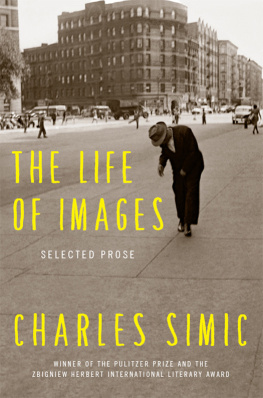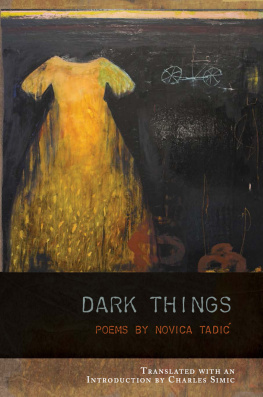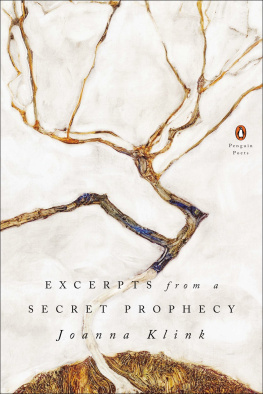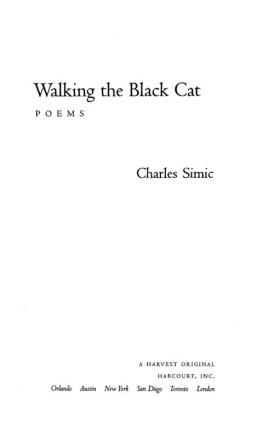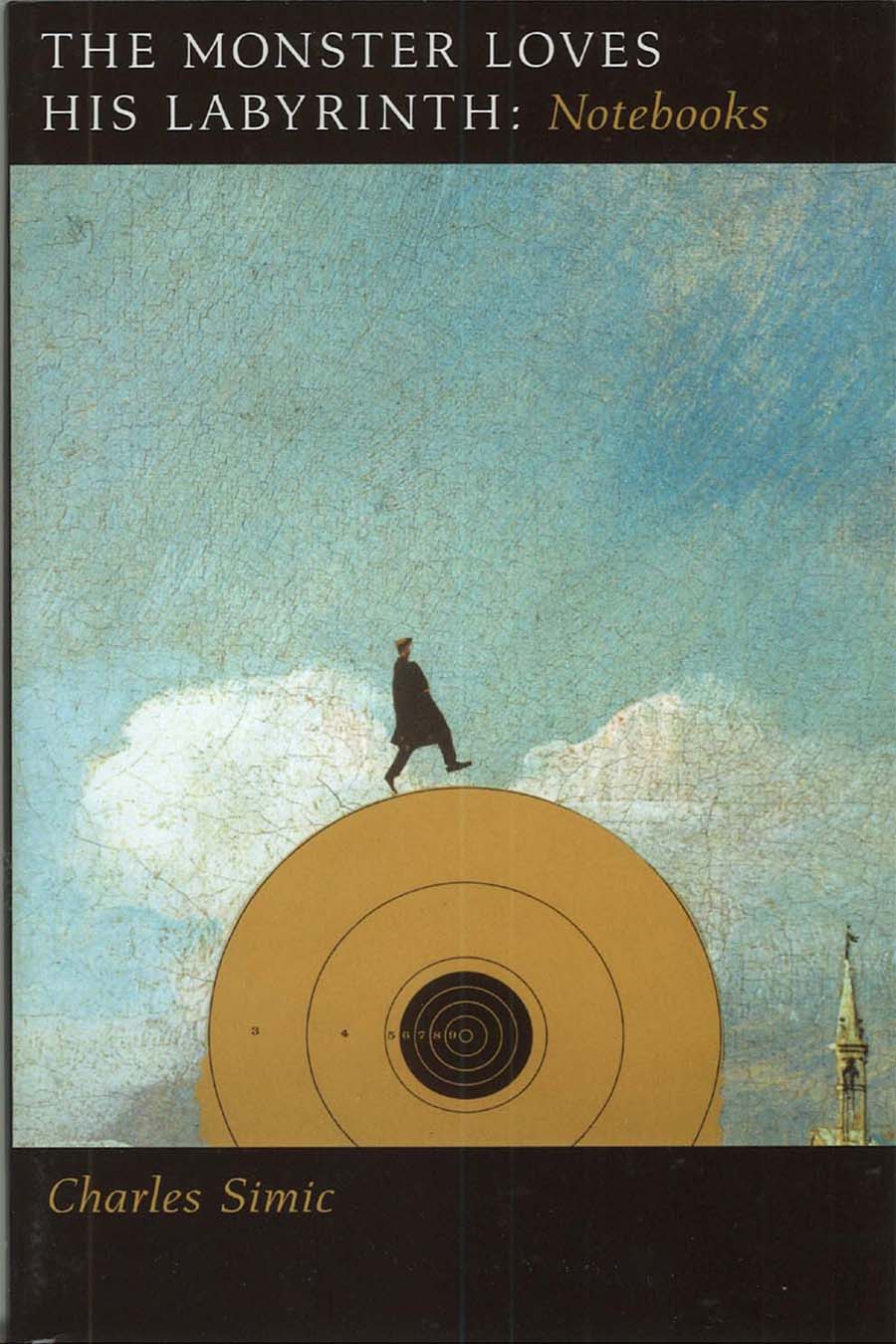The Chinese character for poetry is made up of two parts: word and temple. It also serves as press-mark for Copper Canyon Press.
Since 1972, Copper Canyon Press has fostered the work of emerging, established, and world-renowned poets for an expanding audience. The Press thrives with the generous patronage of readers, writers, booksellers, librarians, teachers, students, and funders everyone who shares the belief that poetry is vital to language and living.

The Paul G. Allen Family Foundation
Amazon.com
Anonymous
Arcadia Fund
John Branch
Diana and Jay Broze
Beroz Ferrell & The Point, LLC
Mimi Gardner Gates
Golden Lasso, LLC
Gull Industries, Inc.
on behalf of William and Ruth True
Carolyn and Robert Hedin
Lannan Foundation
Rhoady and Jeanne Marie Lee
Maureen Lee and Mark Busto
The Maurer Family Foundation
National Endowment for the Arts
New Mexico Community Foundation
H. Stewart Parker
Penny and Jerry Peabody
Joseph C. Roberts
Cynthia Lovelace Sears and Frank Buxton
The Seattle Foundation
Washington State Arts Commission
Charles and Barbara Wright
The dedicated interns and faithful volunteers of
Copper Canyon Press
To learn more about underwriting Copper Canyon Press titles, please call 360-385-4925 ext. 103
I
Late night on MacDougal Street. An old fellow comes up to me and says: Sir, Im writing the book of my life and I need a dime to complete it. I give him a dollar.
Another night in Washington Square Park, a fat woman with fright wig says to me: Im Esther, the goddess of Love. If you dont give me a dollar, Ill put a curse on you. I give her a nickel.
One of those postwar memories: a baby carriage pushed by a humpbacked old woman, her son sitting in it, both legs amputated.
She was haggling with the greengrocer when the carriage got away from her. The street was steep so it rolled downhill with the cripple waving his crutch, his mother screaming for help, and everybody else laughing as if they were in the movies. Buster Keaton or somebody like that about to go over a cliff...
One laughed because one knew it would end well. One was surprised when it didnt.
I didnt tell you how I got lice wearing a German helmet. This used to be a famous story in our family. I remember those winter evenings just after the war with everybody huddled around the stove, talking and worrying late into the night. Sooner or later, it was inevitable, somebody would bring up my German helmet full of lice. They thought it was the funniest thing they ever heard. Old people had tears of laughter in their eyes. A kid dumb enough to walk around with a German helmet full of lice. They were crawling all over it. Any fool could see them!
I sat there saying nothing, pretending to be equally amused, nodding my head while thinking to myself, what a bunch of idiots! All of them! They had no idea how I got the helmet, and I wasnt about to tell them.
It was in those first days just after the liberation of Belgrade, I was up in the old cemetery with a few friends, kind of snooping around. Then, all of a sudden, we saw them! A couple of German soldiers, obviously dead, stretched out on the ground. We drew closer to take a better look. They had no weapons. Their boots were gone, but there was a helmet that had fallen to the side of one of them. I dont remember what the others got, but I went for the helmet. I tiptoed so as not to wake the dead man. I also kept my eyes averted. I never saw his face, even if sometimes I think I did. Everything else about that moment is still intensely clear to me.
Thats the story of the helmet full of lice.
Beneath the swarm of high-flying planes we were eating watermelon. While we ate the bombs fell on Belgrade. We watched the smoke rise in the distance. We were hot in the garden and asked to take our shirts off. The watermelon made a ripe, cracking noise as my mother cut it with a big knife. We also heard what we thought was thunder, but when we looked up, the sky was cloudless and blue.
My mother heard a man plead for his life once. She remembers the stars, the dark shapes of trees along the road on which they were fleeing the Austrian army in a slow-moving ox-cart. That man sounded terribly frightened out there in the woods, she says. The cart went on. No one said anything. Soon they could hear the river they were supposed to cross.
In my childhood women mended stockings in the evening. To have a run in ones stocking was catastrophic. Stockings were expensive, and so was electricity.
We would all sit around the table with a single lamp, my grandmother reading the papers, we children pretending to do our homework, while watching my mother spreading her red-painted fingernails inside the transparent stocking.
In the biography of the Russian poet, Marina Tsvetaeva, I read that her first poetry reading in Paris took place on February 6, 1925, and the newspaper announcement says that there were also three musicians on the program, Madame Cunelli, who sang old Italian songs, Professor Mogilewski, who played violin, and V. E. Byutsov, who was on piano. This was astonishing! Madame Cunelli, whose first name was Nina, was a friend of my mothers. They both studied with the same voice teacher, Madame Kedrov, in Paris, and then somehow Nina Cunelli ended up in Belgrade during the Second World War where she taught me Russian and French childrens songs, which I still know well. I remember that she was a beautiful woman, a little older than my mother, and that she went abroad after the war ended.
There was a maid in our house who let me put my hand under her skirt. I was five or six years old. I can still remember the dampness of her crotch and my surprise that there was all that hair there. I couldnt get enough of it. She would crawl under the table where I had my military fort and my toy soldiers. I dont remember what was said, if anything, just her hand, firmly guiding mine to that spot.


